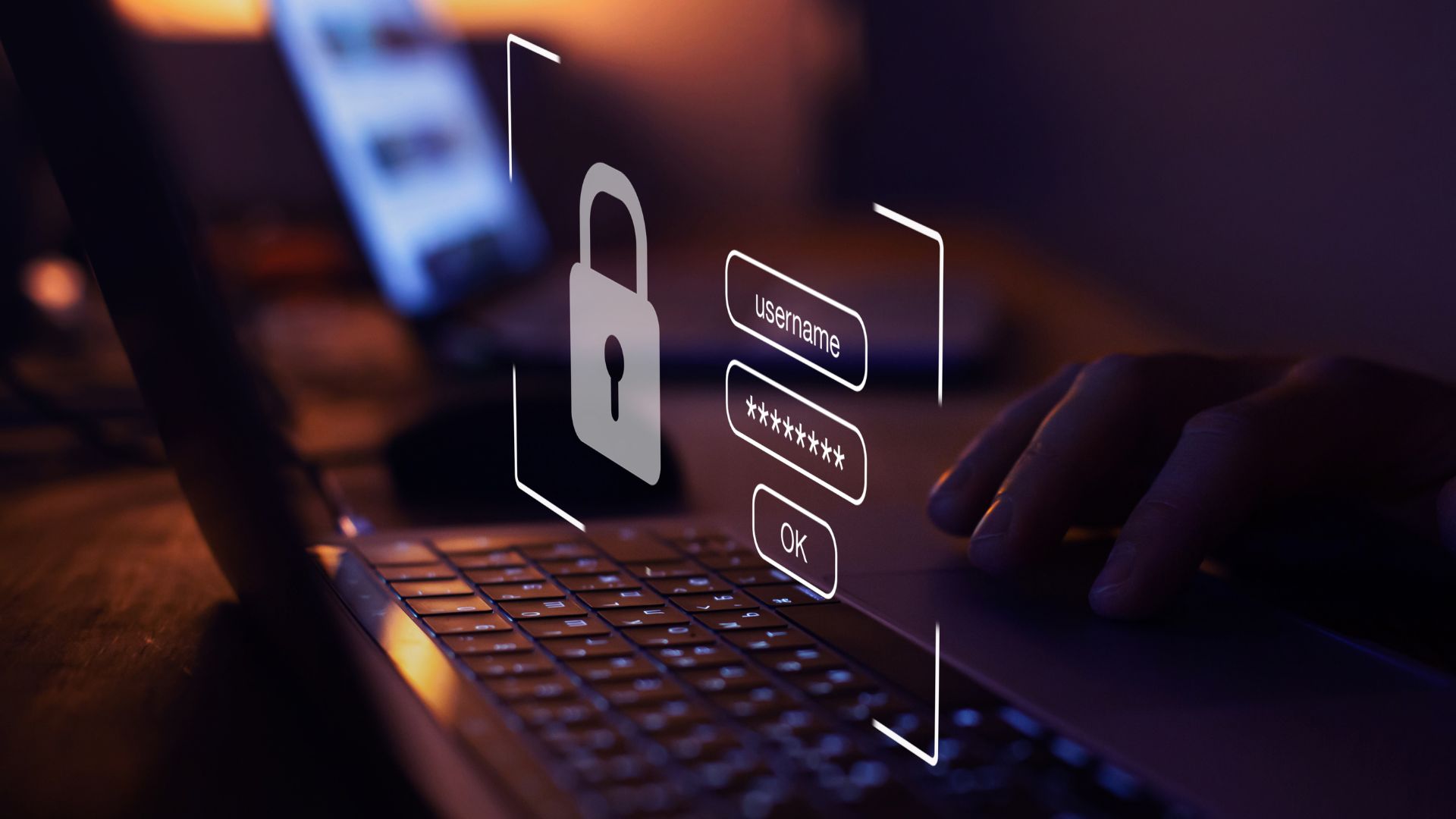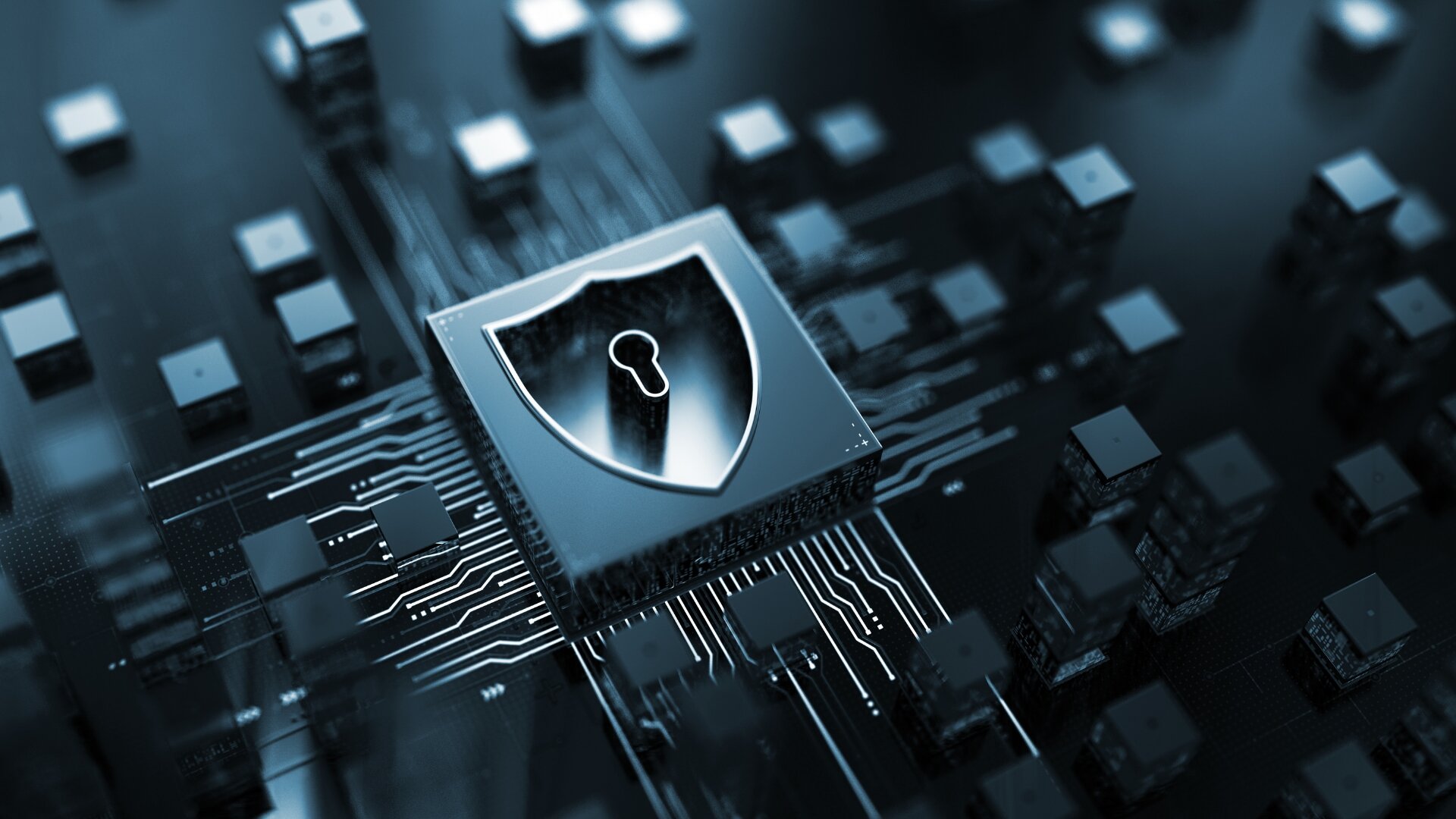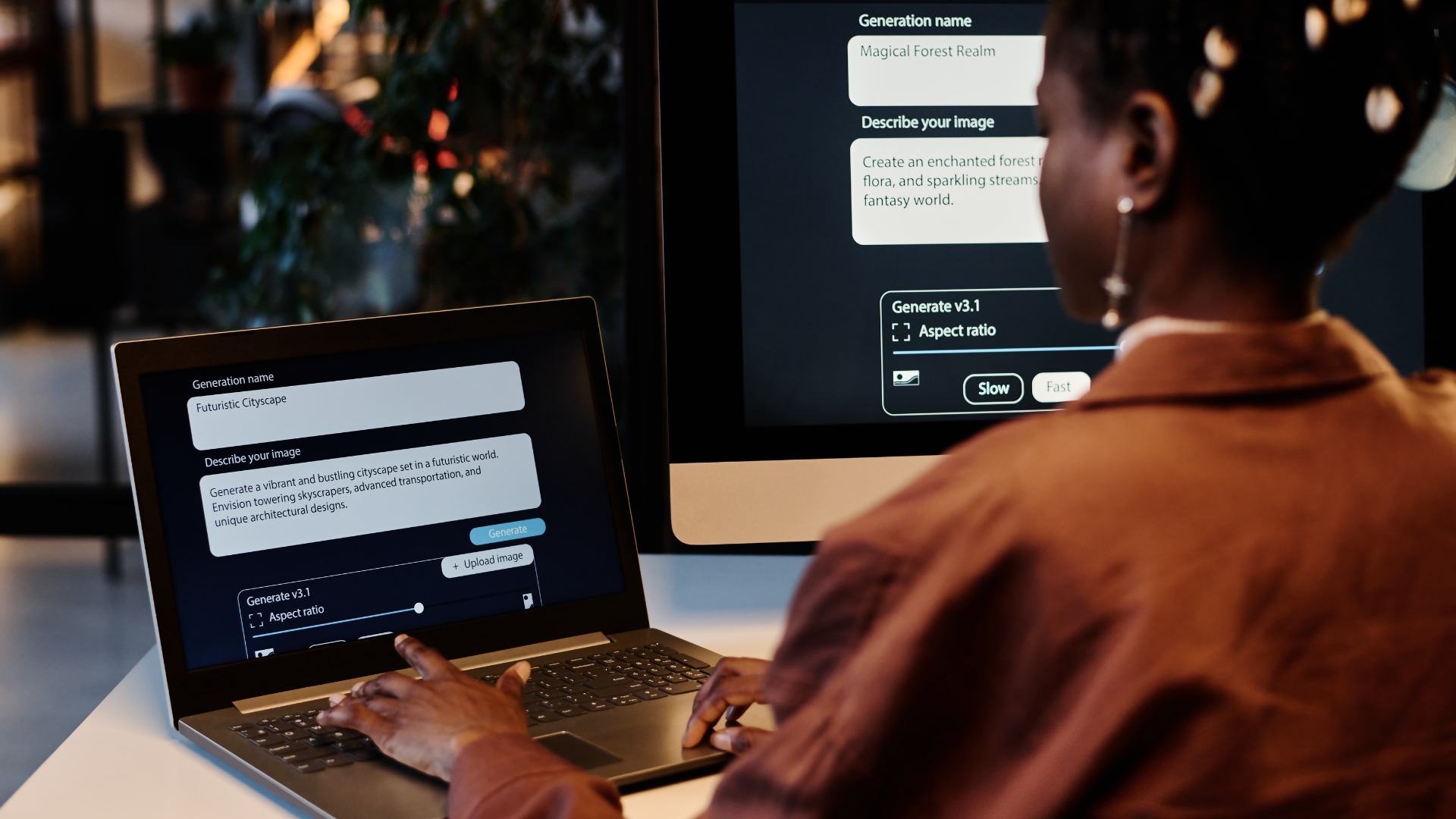What’s Happening?
According to a June 30, 2025 article in Forbes, the FBI has seen a “notable increase” in threat actors bypassing multi-factor authentication (MFA) by exploiting users directly. These attacks, linked to the Scattered Spider threat group, don’t crack codes or break encryption—they manipulate people. This trend underscores a shift in cybercrime where tactics like phishing (an attempt to steal sensitive information, typically via email), vishing (voice phishing), and smishing (SMS, or text phishing) are being used to trick employees into handing over login credentials or one-time authentication codes.
Threat actors are no longer lone wolves. They're part of well-organized criminal groups equipped with sophisticated toolkits and scripts designed to mimic legitimate communications from trusted vendors, coworkers, or even IT staff. Once they’re in, they can quietly access critical systems, steal data, or lock down environments with ransomware.

Why It Matters to SMBs
The implications for small and mid-sized businesses (SMBs) are serious. All organizations—regardless of size—are fair game. In fact, SMBs are often seen as low-hanging fruit due to the likelihood of limited cybersecurity resources and inconsistent user training.
In our 8+ years of supporting clients across the Denver and Dallas metropolitan areas, we’ve seen firsthand how one successful phishing email can spiral into costly breaches. That’s why it’s so important to treat this news not as a distant threat, but as a wake-up call.
What You Can Do About It
Here are a few key takeaways:
🔐Always use MFA
Despite these bypass tactics, MFA is still a critical layer in your security stack. It’s not foolproof—but it raises the barrier significantly.
📞Verify through an alternate channel
If someone emails you requesting sensitive information or MFA codes, don’t respond to the email. Instead, contact them directly through a trusted phone number or official website. When in doubt, call us—we’re here to help.
🙅♂️Know what we won’t do
K3 Technology’s service desk will never ask for your password or MFA code unsolicited. If something feels off, trust your instincts and reach out directly.
🧠Take security awareness training seriously
Phishing attacks are often the first domino to fall. The best prevention is education—learning how to spot red flags in suspicious messages can make all the difference.
Final Thoughts
Cybersecurity isn’t just about tools—it’s about people. As threat actors become more deceptive, user awareness becomes your strongest line of defense. At K3 Technology, we believe every business deserves enterprise-grade protection, no matter its size.
If you’re unsure whether your current security setup is adequate or if you just want a second opinion, reach out to our team. We’re here to make cybersecurity—and business—simpler and smarter.


